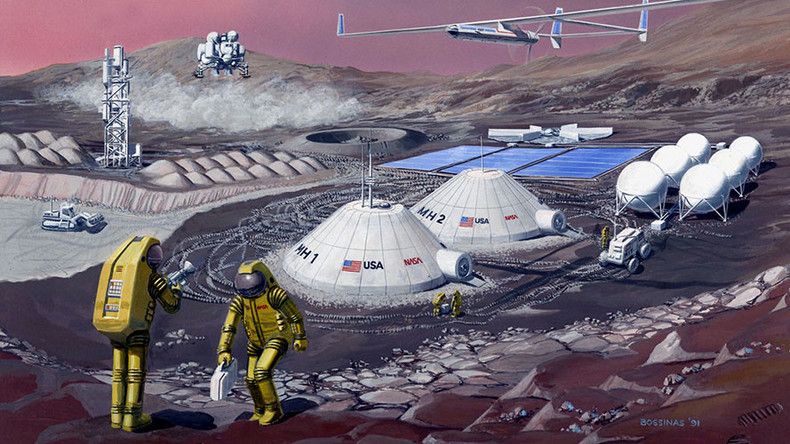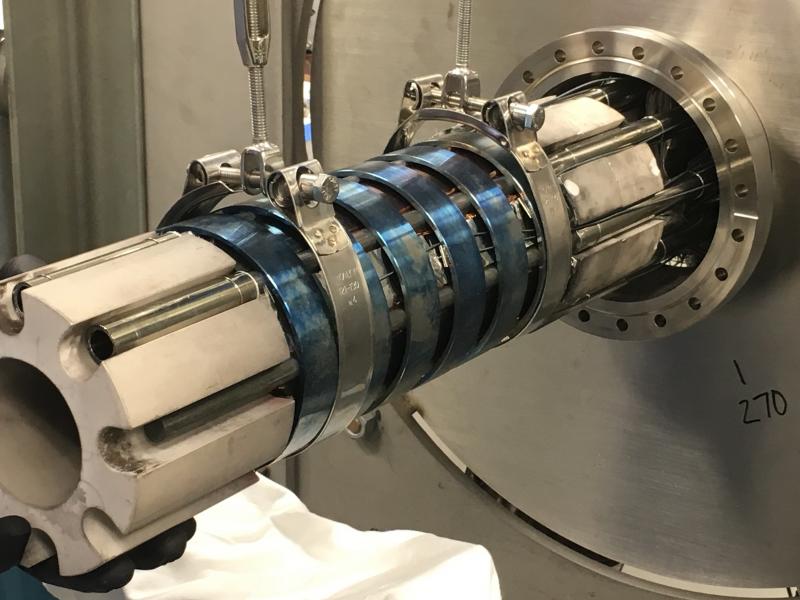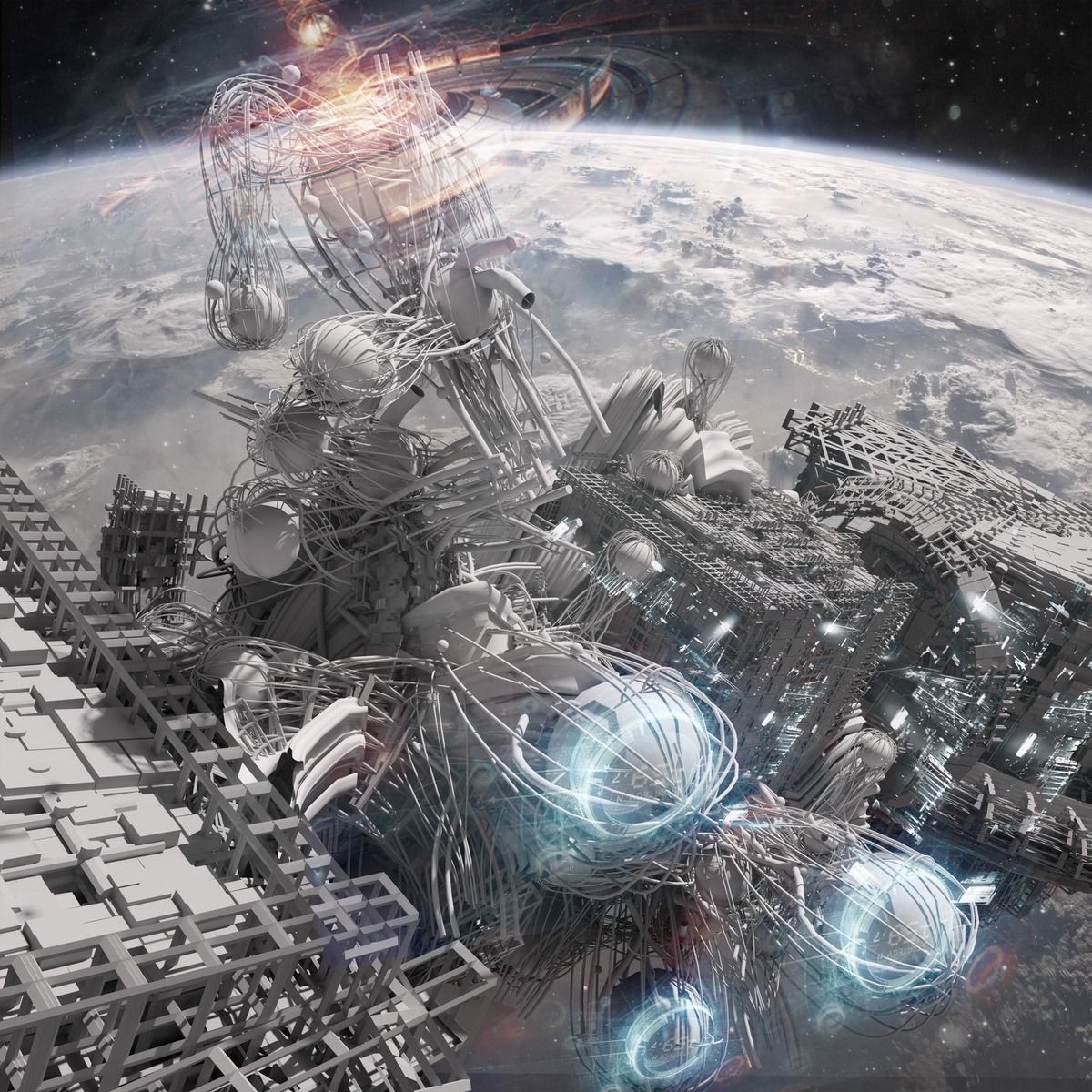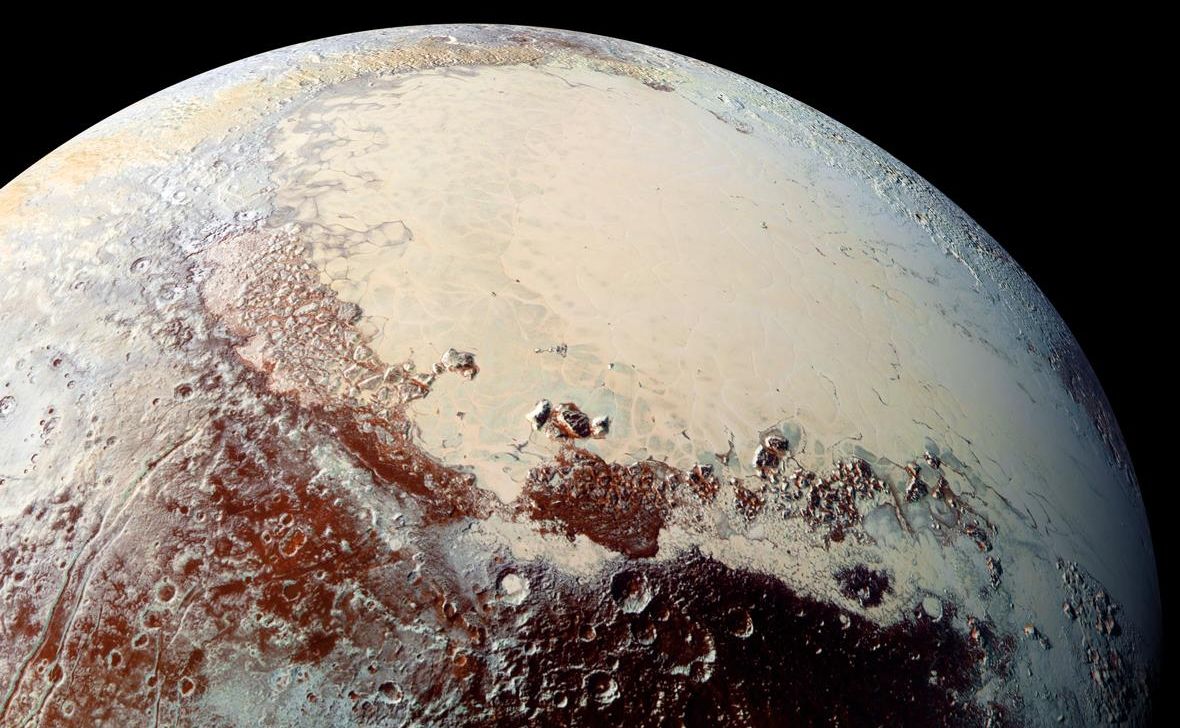Let’s just go ahead and address the question on everyone’s mind: will AI kill us? What is the negative potential of transhuman superintelligence? Once its cognitive power surpasses our own, will it give us a leg-up in ‘the singularity’, or will it look at our collective track record of harming our own species, other species, the world that gave us life, etc., and exterminate us like pests? AI expert Ben Goertzel believes we’ve been at this point of uncertainty many times before in our evolution. When we stepped out of our caves, it was a risk – no one knew it would lead to cities and space flight. When we spoke the first word, took up agriculture, invented the printing press, flicked the internet on-switch – all of these things could have led to our demise, and in some sense, our eventual demise can be traced all the way back to the day that ancient human learnt how to make fire. Progress helps us, until the day it kills us. That said, fear of negative potential cannot stop us from attempting forward motion – and by now, says Goertzel, it’s too late anyway. Even if the U.S. decided to pull the plug on superhuman intelligence research, China would keep at it. Even if China pulled out, Russia, Australia, Brazil, Nigeria would march on. We know there are massive benefits – both humanitarian and corporate – and we have latched to the idea. “The way we got to this point as a species and a culture has been to keep doing amazing new things that we didn’t fully understand,” says Goertzel, and for better or worse, “that’s what we’re going to keep on doing.” Ben Goertzel’s most recent book is AGI Revolution: An Inside View of the Rise of Artificial General Intelligence.
Ben Goertzel’s most recent book is AGI Revolution: An Inside View of the Rise of Artificial General Intelligence.







